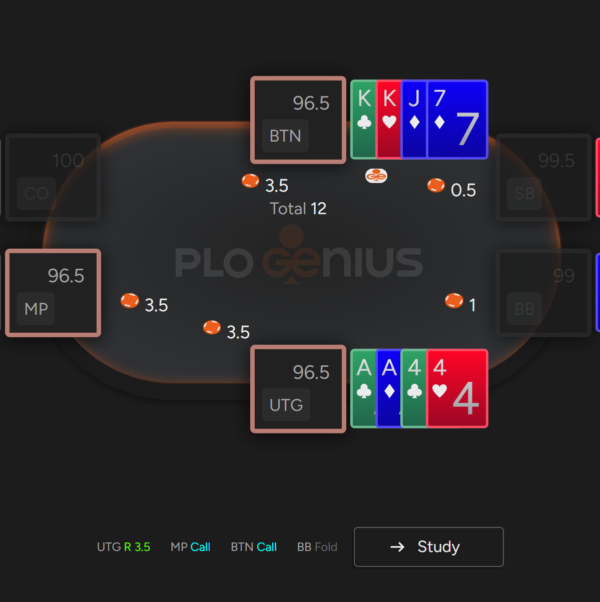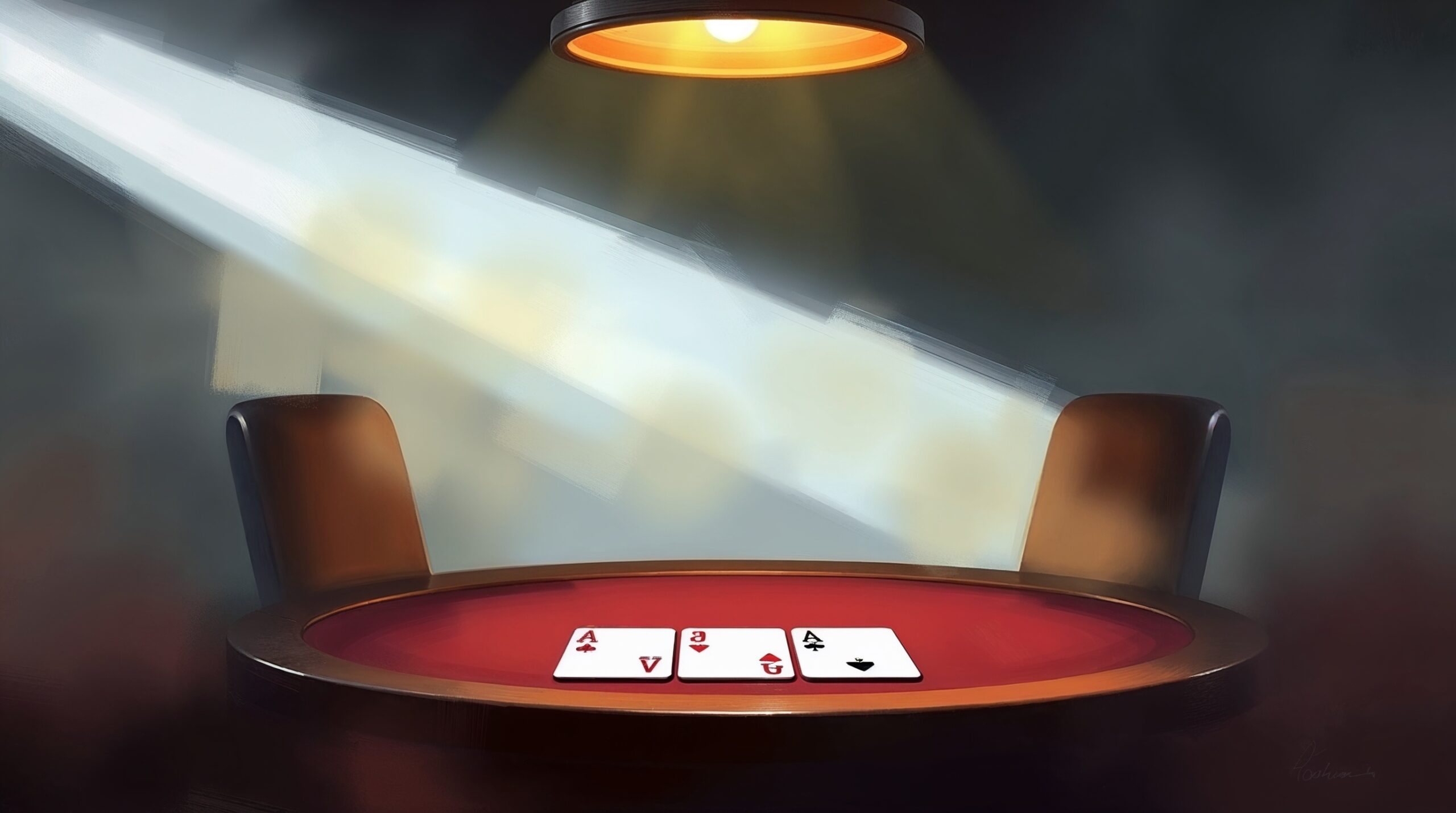When it comes to poker strategy, players have two main options: Game Theory Optimal (GTO) and exploitative play. Both approaches have their advantages and disadvantages, and the decision of which to use ultimately depends on your personal style and the game you're playing. In this article, we'll explore the differences between GTO and exploitative play, examining the pros and cons of each and the strategies used by top poker players.
GTO Poker: What Is It?
GTO poker is a strategy that seeks to play in a theoretically perfect way. It involves making decisions that are balanced, meaning that they cannot be exploited by your opponents. GTO players aim to make the most profitable play in any given situation, taking into account their opponent's range and the likelihood of different outcomes.
One of the most significant advantages of GTO poker is that it eliminates the risk of being exploited by your opponents. Because your strategy is balanced, you cannot be taken advantage of by your opponents who are looking to exploit your weaknesses. Additionally, GTO play allows you to maximize your profit in the long run by making optimal decisions consistently.
However, one of the significant disadvantages of GTO play is that it can be difficult to execute. GTO strategies often require advanced mathematical calculations and a deep understanding of the game. As a result, many players struggle to apply GTO principles effectively, which can lead to suboptimal play and missed opportunities.
Exploitative Play: What Is It?
Exploitative play, as the name suggests, is a strategy that focuses on exploiting the weaknesses of your opponents. Unlike GTO play, exploitative strategies are not necessarily balanced and do not seek to make the most profitable decision in every situation. Instead, exploitative players aim to identify and exploit the specific weaknesses of their opponents.
One of the significant advantages of exploitative play is that it can be highly profitable in the short term. By identifying and exploiting your opponents' weaknesses, you can quickly build a sizable chip stack and win more pots. Additionally, exploitative play can be easier to execute than GTO strategies, as it does not require the same level of mathematical calculation or understanding of the game.
However, the primary disadvantage of exploitative play is that it leaves you vulnerable to being exploited by your opponents. Because you are not playing in a balanced way, your opponents can easily adjust their strategy to counteract your exploitative play. Over time, this can lead to significant losses and make it challenging to win consistently.
GTO vs. Exploitative Play: Which Is Best?
So, which strategy should you choose when playing poker? The answer is that it depends on the game you're playing and your personal style. In general, GTO play is best suited to games where your opponents are highly skilled and knowledgeable about the game. In these situations, GTO strategies are less likely to be exploited, and they allow you to maximize your long-term profitability.
Exploitative play, on the other hand, is best suited to games where your opponents are weaker or less experienced. In these situations, you can identify and exploit your opponents' weaknesses, quickly building a chip stack and winning more pots.
Ultimately, the decision of which strategy to use comes down to personal preference and your level of skill. If you're a highly skilled player with a deep understanding of the game, GTO strategies may be the best option. However, if you're a less experienced player, exploitative play may be a more straightforward and effective strategy to use.
What's the best Tool to use for GTO Strategies
Conclusion
In summary, GTO and exploitative play are two distinct poker strategies, each with its advantages and disadvantages. GTO strategies are balanced and aim to make the most profitable decision in every situation, while exploitative.
















